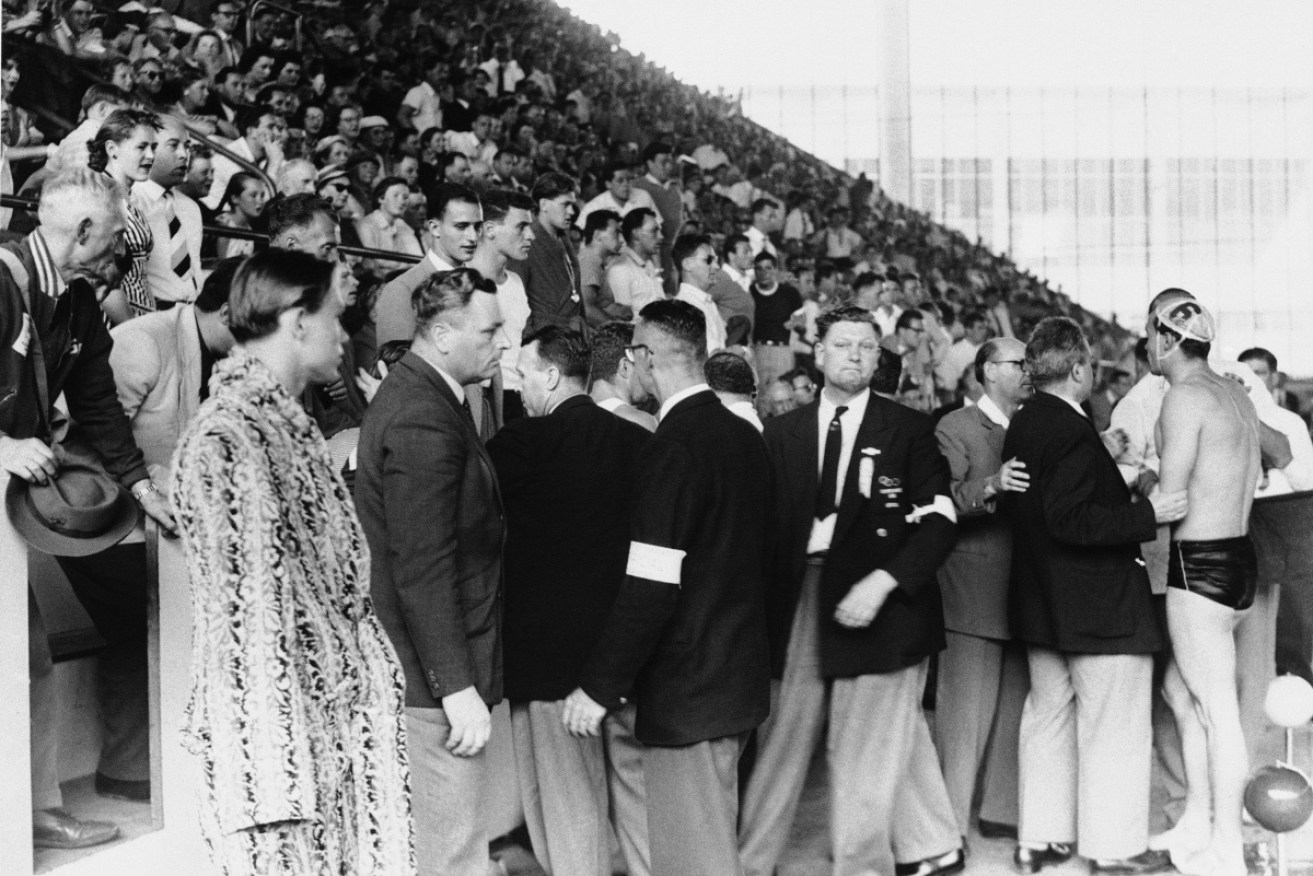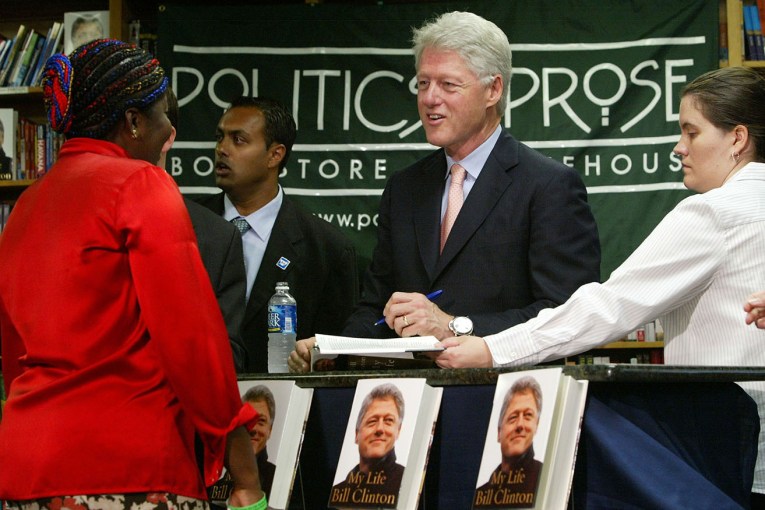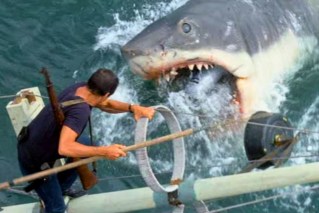Sex, spies and blood in the water: Melbourne’s 1956 Olympic Games


The crowd surrounds the Russian Water Polo team as the Hungary vs Russia match ends in chaos at Melbourne's 1956 Olympics. Photo: AAP
Melbourne’s 1956 Olympic Games – as the first southern hemisphere city to host – were widely dubbed the “friendly games”.
But behind the calm façade, there were pitched battles, both on and off the field.
A gripping account of defections, undercover detections and romance across the tumultuous East-West divide, Harry Blutstein’s Cold War Games draws from ASIO files, US sources and stolen USSR archives supplied by a spurned KBG agent.
Then-prime minister Robert Menzies was at pains to protect the peaceful myth as countries vied to undermine their enemies, Blutstein says.
“The Cold War was a reality everywhere, except in Australia. They did everything possible to downplay it, because they really wanted this reputation of the friendly games.”
That was always going to be difficult with the world wracked by political turmoil and the spectre of nuclear war hanging heavy.

The old Foy’s department store welcomes athletes and spectators to Melbourne. Photo: Getty
Earlier in 1956 the USSR invaded Hungary in an attempt to brutally end an anti-Soviet revolution. That prompted Spain, Switzerland, the Netherlands and Cambodia to boycott the Games.
Israel, France and the UK invaded the Suez Canal, with Egypt, Lebanon and Iraq seizing this territorial move as reason to stay away too.
The clash between the People’s Republic of China and the breakaway nationalist government in Taiwan saw both sides demanding that the other be excluded.
Mr Menzies forbade the CIA from coming to Melbourne because he did not want them encouraging Eastern Bloc athletes to defect to the West before or during the games.
He also charged ASIO with doing everything in their power to prevent this from occurring.

Hungarian Ervin Zador, who was injured during a fight with a member of the Soviet water polo team. Photo: AAP
Of course, both the CIA and the KGB fielded proxies, including one American agent who employed a very Melbourne trick – using AFL players as code for his targets.
Memorably, one man speaking Latvian approached the Latvian basketball players, trying (and failing) to convince them to defect while they were admiring the Myer Christmas window.
In the end, 61 athletes, officials and journalists defected. That included Ervin Zádor, a Hungarian water polo player left infamously bloody after an in-pool bust up with the Soviets.
“The Hungarians who protested were told to shut up in [local newspaper] editorials, ‘this is the friendly games, don’t bring your old world quarrels to Australia,’” Mr Blutstein says. “There was a lot of pressure to keep politics out of it.”
Mr Blutstein draws on a wealth of sources from both sides of the Iron Curtain.
 “With most books on the Cold War, it’s all from the perspective of the West, particularly America. In my book, you actually hear the voices of the Russians.”
“With most books on the Cold War, it’s all from the perspective of the West, particularly America. In my book, you actually hear the voices of the Russians.”
One of the most remarkable was discus-thrower Nina Ponomareva, the Soviet Union’s first gold medal-winner. A smart-talking character, sadly she wasn’t celebrated at home because she was born in a Gulag, an inconvenient history. Putin finally honoured her in 2012.
Star-crossed lovers, Gold-winning Czechoslovakian discus thrower Olga Fikotová and American hammer gold medal-winner Hal Connolly, also make for a fascinating couple, bridging the political divide against all odds.
“It’s a popular history,” Mr Blutstein says of the zippy and at times, totally barmy Cold War Games. “I have 500 references, but the way to engage people is through the characters.”








